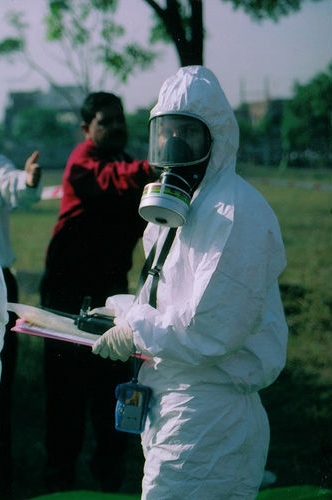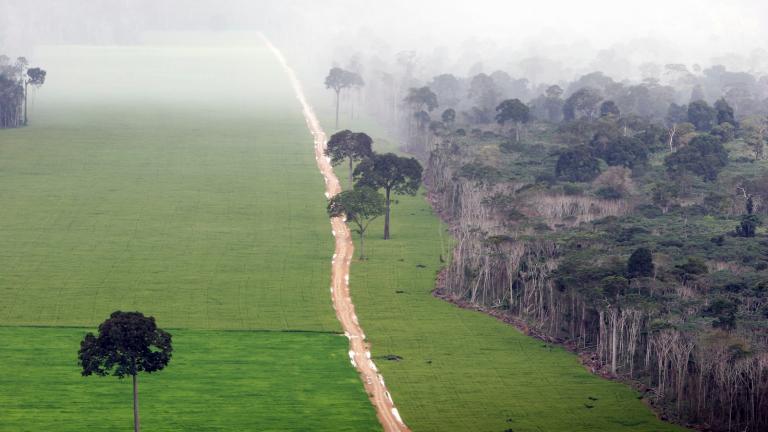If the the future of food is hazy right now due to overconsumption, globalization, and climate change, the future of seafood is even murkier. The global fish catch topped out sometime in the 1990s, leaving many fish populations more or less permanently overstressed. Aquaculture has grown to satisfy rising global demand – but fish farms have brought environmental devastation to many a coastal zone.
Is the answer to pack up those coastal operations and move fish farming offshore? That’s the question I attempt to answer in this Yale Environment 360 piece. I started out with the assumption that, whatever the environmental hazards, a big move into deeper waters is inevitable someday – the economic and political pressures pointing in that direction, now weak in the United States and elsewhere, are only going to rise as the world’s demand for protein goes up.
And, on the surface anyway, offshore aquaculture is promising. The entrepreneurs and advocates I talked to seemed environmentally responsible and thoughtful. If you locate a fish farm in deep water (employing large pens or cages designed to withstand the stress of the open ocean), many of the problems endemic to coastal fish farming – accumulating waste, nutrients, et al and the attendant ecosystem damage – are minimized.
On the other hand, as I note in the piece:
The example of the lone, tiny fish farm surrounded by miles of open water is not an ideal indicator, though. O’Hanlon and other fish farmers say that to be profitable they’ll need to scale up.
“It’s an industry that will achieve better economics as it scales,” says Neil Sims, the co-founder and CEO of Kona Blue Farms, an offshore operation in Hawaii that farms a local species of yellowtail it calls Kona kampachi. “We need to grow this industry. Larger pens are going to be more efficient than smaller ones. Better technology, more automation is going to be better than using manpower. We need to locate closer to the market or find ways to get product to market more inexpensively.”
Indeed, if deep-sea fish farming is to have any impact on the seafood marketplace, not to mention global food supplies, it will have to get much, much bigger. That prospect alarms environmental groups that have spent years fighting poorly managed industrial fish farms.
As fish farming migrates offshore, we’re going to have to confront these problems. Right now, though, there’s basically no federal U.S. aquaculture policy. And the longer we go without one, the greater the risks.



